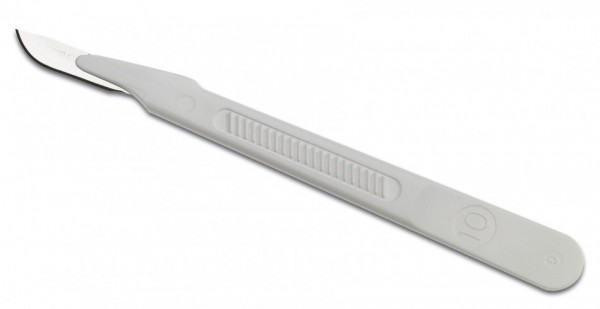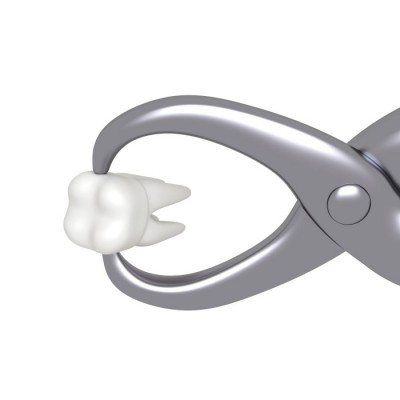PUBLISHED IN TCI WEEKLY NEWS
26th July 2014
 Oral surgery is any procedure that involves cutting into or removing tissue from your mouth. It includes procedures like removing a tooth, gum surgery, and the placement of dental implants. Oral surgery also includes getting rid of diseased tissue from the mouth, correcting jaw problems, or repairing a cleft lip or palate.
Oral surgery is any procedure that involves cutting into or removing tissue from your mouth. It includes procedures like removing a tooth, gum surgery, and the placement of dental implants. Oral surgery also includes getting rid of diseased tissue from the mouth, correcting jaw problems, or repairing a cleft lip or palate.
Depending upon the individual case and the expertise of the dentist, oral surgery can performed either by your regular dentist or by an oral surgeon in a hospital setting.
Over my forthcoming articles I will look at the different types of oral surgery and in which cases it is a suitable treatment method.
Extraction due to decay, periodontal disease or for orthodontic reasons
In general this is the simplest form of oral surgery, where a tooth- both crown and the root- is removed. A local anesthetic is injected into the soft tissue around the tooth which numbs the nerves and therefore prevents any pain during the removal of the tooth. Then the dentist uses special extraction forceps and a luxator to separate the tooth from the connective periodontal ligaments and bone and so remove the tooth. Depending on how the tooth is positioned in the jaw and in relation to adjacent teeth and also its state of decay, a surgical extraction may have to be performed. This is a slightly more complex procedure (although generally still performed by a dentist) whereby the gum is cut and bone is drilled to allow the tooth to be removed in sections.
Wisdom Teeth Extractions
In the past wisdom teeth were routinely extracted. The more modern and clinically sounder approach is only to remove wisdom teeth if the are causing recurrent problems. The reason that wisdom teeth often do cause problems is because in many cases there is not sufficient room in the jaw bone for them to erupt fully through the gum line, so leading them to become entrapped or ‘impacted’. Impacted wisdom teeth can result in swelling, pain, and infection of the gum tissue surrounding the wisdom teeth. In addition, impacted wisdom teeth can sometimes cause permanent damage to nearby teeth, gums, and bone which can lead to the formation of cysts that can destroy sections of the jaw bone. In these instances it is recommended that the wisdom tooth or teeth are removed. In many cases wisdom teeth can be removed by a good general dentist (I estimate I remove over 80% of wisdom teeth that I diagnosis as needing extraction) but in some cases it is clear from an x-ray that the roots of the tooth are close, or sometimes wrapped around the trigeminal nerve, which runs inside the jaw bone. In this instance the patient would be referred to a competent oral surgeon for the tooth to be removed surgically in hospital. This might involve a general anesthetic.